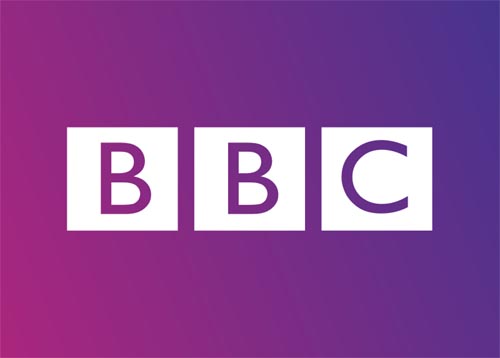BBC BOSSES will advise staff against using terms like “divorce” and “break-up” when reporting on Scottish independence.
A staff guide, similar to one issued by the corporation on covering the Israeli-Palestinian conflict, will be issued to journalists after the SNP accused the BBC of bias in its media coverage of the independence referendum.
The pamphlet will advise reporters on how to cover the debate sensitively and avoid using terms favoured by the Yes camp or No camp.
BBC bosses will issue a style guide to staff.
It follows talks between Alex Salmond and BBC chairman Lord Patten.
Nationalist politicians have complained about the BBC’s use of words including “separation”, on the grounds it implies an independent Scotland would be isolated, rather than working in partnership with other countries.
It also criticises the BBC referring to independence as a “break-up” and “divorce”.
A group of senior BBC staff has been set up to discuss reporting before the referendum in 2014.
It is expected to issue a style guide to staff on how to avoid causing unnecessary offence when covering the debate. Terms favoured by the SNP such as a “normal European state” are also expected to be discouraged.
A senior BBC source said: “We will publish a guide that makes it clear that staff need to use appropriate language to demonstrate that we are impartial. While there won’t be a formal ban on certain words staff in all parts of Britain will be advised they need to show sensitivity and understanding.”
The BBC has also faced criticism from Labour politicians in Scotland who claim its coverage plays into SNP hands when it refers to the “Westminster Government,” suggesting the government is remote in London rather than a UK institution.
A BBC spokesman said: “We have instigated training so all staff are kept fully up to speed with the political developments in Scotland so they can be reported with as much knowledge and as impartially as possible.”
An SNP spokesman said the BBC’s action was a “welcome development.”
The news of the expected staff guide follows a string of complaints from viewers angry at what they see as political bias from many high profile BBC reporters.
BBC Scotland has come under fire following a decision to block Scottish licence payers from commenting on the blogs of BBC Scotland reporters Brian Taylor and Douglas Fraser when all other UK blogs allow online interaction.
There are also concerns over the handling of political debates and discussion programmes where Unionist leaning commentators often outnumber their independence supporting counterparts by as much as three to one.
In 2010 the BBC was accused of institutional bias” against Christianity by the head of the Catholic church in Scotland.
Cardinal Keith O’Brien said he believed that mainstream Christian views had been marginalised by the corporation.

